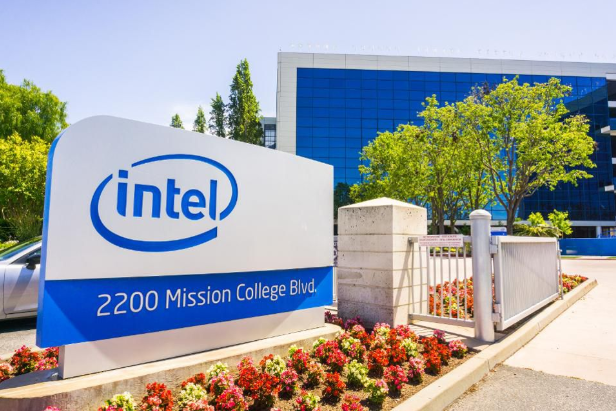
At the recent VentureBeat’s Transform event, I had the opportunity to interview Intel’s CTO for Artificial Intelligence Products Group (AIPG), Amir Khosrowshahi, on stage about how AI will change marketing. AI for marketing isn’t some futuristic set of tools. Real work can be accomplished with AI today. For example, available AI technologies enable image recognition, content matching and recommendation engines. Additionally, new voice interfaces and chatbots are fueled by AI functions such as natural language processing and sentiment analysis.
While much of the AI discussion has focused on what underlying processor technology to use and how to design algorithms, it’s important to remember that there’s no single technique or technology for building AI. For example, graphical processor units (GPU) have gained attention in the AI arena, but many companies are using CPUs for AI as well. Why? One reason is that everyone has CPUs. Additionally, as companies transition workloads to the cloud, existing CPU resources are available for AI.
Throughout the past several years, other types of processors have been invented to support AI such as Vision Processing Units (VPUs) for computer vision and chips optimized to support Tensorflow such as Tensorflow Processing Units (TPUs). Specialized AI chips in the works, such as Intel’s Neural Network Processing NNP units will be used to optimize deep learning AI workloads. Deep learning is a class of machine learning that is inspired by the structure of neural networks in the human brain.
During the interview, Khosrowshahi described how Taboola was using AI to improve content recommendations for websites. Taboola is an Israel-based ISV and service operator that delivers 360 billion content recommendations to over a billion unique users every month on thousands of premium sites. It’s a SaaS-service that requires a high level of computational speed. Taboola’s challenge was to increase data processing speed by 30-50 percent to deliver content recommendations using deep learning inference on Taboola’s custom neural network based on a Tensorflow topology.


